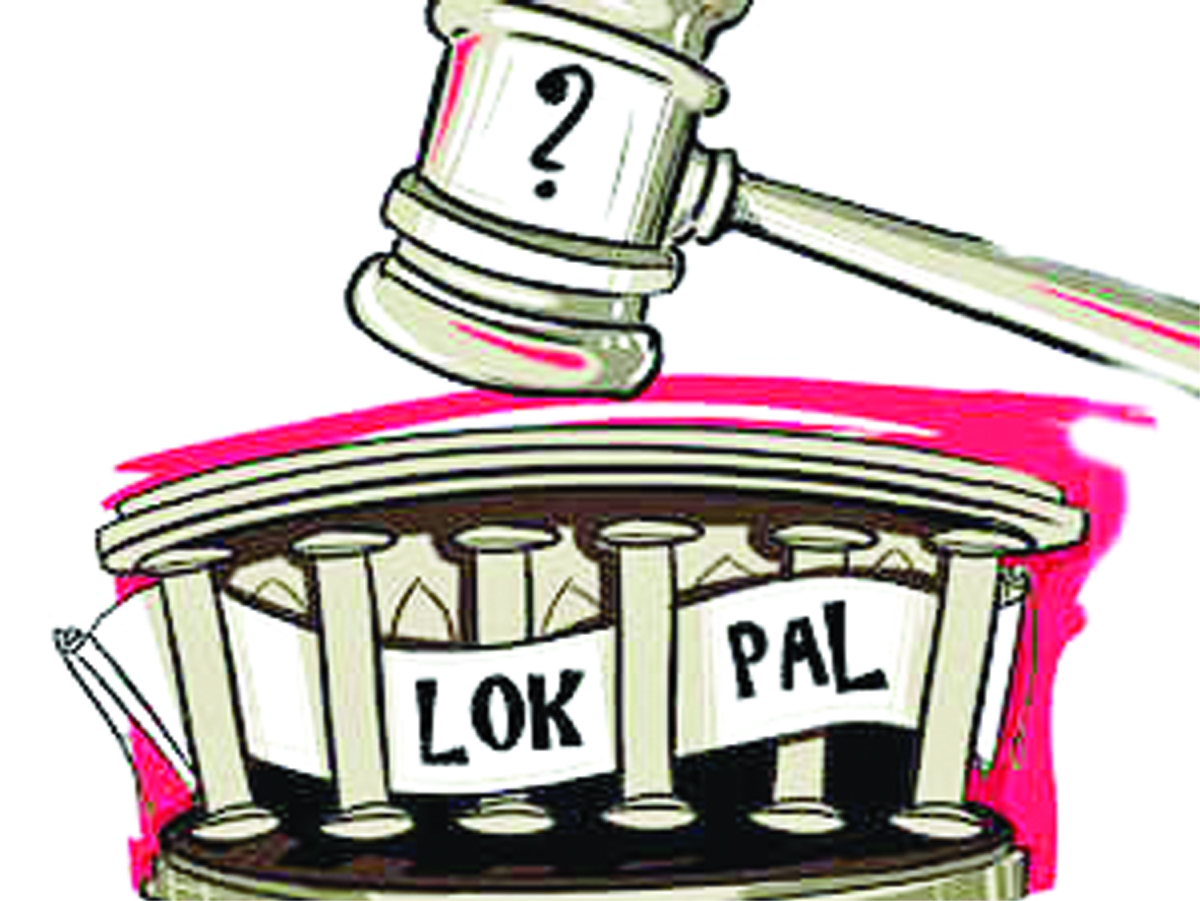Harihar Swarup
At last, after years of suspense, the office of Lokpal has become functional. The quest for Lokpal began in the 1960s and several expert committees have debated at length on the necessity of a probe panel that is not under the Government of day. The Lokpal would have control over investigative agencies like the CBI, when they are investigating corruption cases against public servants. In other cases, the CBI, which itself has been the centre of much controversy, will function under ministry of personnel.
In an era where the opposition accuses the Government of not giving proper treatment to political rivals relating to income tax, CBI and enforcement directorate, there is need to clarify whether all the activities of the three agencies would come under the Lokpal when they deal with public servants. Or, whether the income tax and enforcement would be still under the all-powerful finance ministry. It will be a matter of time before the Lokpal, which has members from judiciary, civil and revenue services, would demand full control over intelligence agencies or ask for its own super investigative agencies. Some of the Lokayukta institutions in the states have their own police force.
Interestingly, the principal agitators early this decade for Lokpal-Anna Hazare, Arvind Kejriwal, Justice Santosh Hegde, Baba Ramdev, Shanti Bhushan and Kiran Bedi-have not been highlighted when the institution started. Hazare, whose public clout has much diminished, had gone on hunger strike, demanding implementation of Lokpal. Now it is a reality. But the litmus test is whether it indeed would become an instrument of governance and accountability.
The PCI chairman P C Ghosh and members have moved to a government-owned five-star hotel in Delhi till a permanent headquarters is made available. Set up six years after Parliament passed the Lokpal law, the members and staff of the anti-corruption body are finding their feet, and setting up the internal mechanism. The Lokpal website is under construction and would be used to educate the public about the specific roles, powers and functions of the body. The Lokpal can investigate complaints against public servants, including the Prime Minister. Only the President, Vice-President, judges, members of the Election Commission and Union Public Service Commission are exempt as there are other provisions for probing corruption complaints against them in the Constitution.
The selection and appointment of the chairman and members itself has been a tortuous process during the tenure of Narendra Modi, as there was no recognized leader of the opposition in the Lok Sabha. The Opposition leader is an ex-officio member of the selection panel.
The BJP Government refused to amend the Lokpal law to include the leader of the largest opposition group, which would have enabled Congress leader Mallikarjun Kharge to function as a full-time member of the selection committee. After delaying summoning of the selection committee, which also has Prime Minister, the Chief Justice of India and eminent jurist, the government was forced by the Supreme Court to conduct the meeting.
The proceedings meandered further as Government felt it was enough to invite Kharge as special invitee without voting rights to the meetings. An incensed Kharge refused to attend the meetings and instead sent long notes to the Prime Minister. Finally without the involvement of the main opposition in Parliament, the committee, which selected the present Government’s attorney general Mukul Rohatgi as the eminent member- selected Justice Ghosh, who had worked as the Supreme Court judge and was chairman of the National Human Rights Commission. (IPA)
Trending Now
E-Paper


